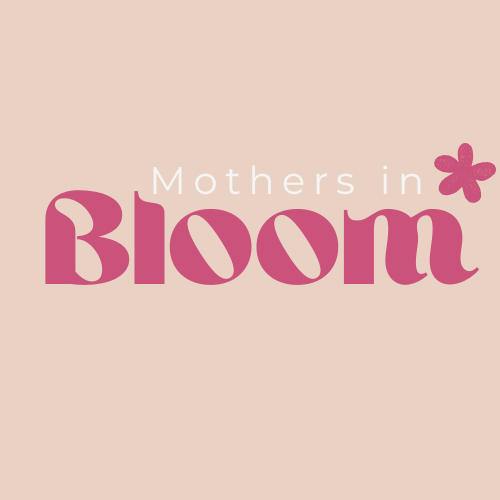THE REAL REASON YOU’RE STILL EXHAUSTED IN POSTPARTUM
If you’ve ever found yourself thinking, “Why am I still so exhausted?” or “Why don’t I feel well?” even months after giving birth, you’re not alone — and more importantly, it’s not just in your head.
Of course, there are the obvious reasons: the broken sleep, the mental and emotional load of caring for a newborn, the constant demands on your time and energy.
But for many mothers, the exhaustion runs even deeper than that.
And the truth is, feeling chronically depleted months (or even years) after giving birth is not something we should accept as “normal.”
Why Postpartum Fatigue Goes Beyond Sleep Deprivation
After you have a baby, your body doesn’t just "bounce back" — it's in a deep state of repair and recovery. Healing tissues, rebalancing hormones, replenishing blood and nutrient stores, adapting to physical and emotional changes — it’s a full-body job.
Yet in our modern culture, especially here in Australia, postpartum care is minimal at best.
We’re often sent home with little more than a six-week check-up, expected to carry on with daily life as if nothing monumental just happened.
Without adequate nourishment and support, many mothers are running on empty — and staying there.
Over time, that depletion can look and feel like:
Chronic fatigue
Brain fog
Hair loss
Mood swings, anxiety, or depression
Hormonal imbalances
Poor digestion and immune issues
Autoimmune conditions
It’s not a coincidence. It’s a direct result of not getting what your body truly needs to heal at the right time.
Nutrition: The Missing Piece in Postpartum Recovery
Postpartum is a time when nutrition is everything.
After giving birth, your body needs a steady supply of nutrients to:
Rebuild tissues and muscles
Regulate hormones
Support brain health and mood
Boost energy production
Maintain a strong immune system
Live everyday life feeling your best
If you’re skipping meals, living off coffee and quick snacks, or not eating enough nutrient-dense foods, your body will struggle to repair and replenish — no matter how much sleep you get (or don’t get).
Simple, consistent meals built around quality protein, healthy fats, complex carbohydrates, and micronutrients are one of the most powerful ways to support postpartum healing and energy levels.
Daily Self-Care: Filling Up Your Tank
Nutrition is foundational, but it’s not the only piece.
Daily self-care — small, simple actions that prioritise you — are just as important.
In the busy, demanding season of motherhood, it’s easy to put yourself last.
But the truth is, you cannot pour from an empty cup.
Daily practices can make a world of difference.
These might include:
Eating a nourishing breakfast within an hour of waking
Drinking mineral-rich fluids (like herbal teas, bone broth, coconut water)
Taking 10 minutes to breathe, stretch, or sit in silence
Asking for help (and accepting it)
Making time for something that brings you joy, even if it’s just 5 minutes a day
Thriving, Not Just Surviving
Motherhood will always have hard moments.
But feeling constantly exhausted, depleted, and like you’re barely getting through the day shouldn’t be the norm.
When we start prioritising nourishment and self-care as non-negotiables — just as important as changing nappies and feeding our babies — we give ourselves the foundation to not just survive postpartum but truly thrive.
If you’re ready to feel truly supported with postpartum nutrition, recovery, and daily wellness practices, I’d love to walk alongside you.
If this resonated with you and you’re curious about postpartum care ~ check out my offerings below or book a free connection call with me to see if postpartum care is for you and your family!
For the rest of April, I’m offering 20% off all postpartum support packages—a little encouragement to say yes to the care you truly deserve. If you’ve been thinking about what it might feel like to be deeply supported during this season, now’s the perfect time to reach out and experience the difference postpartum care can make.

